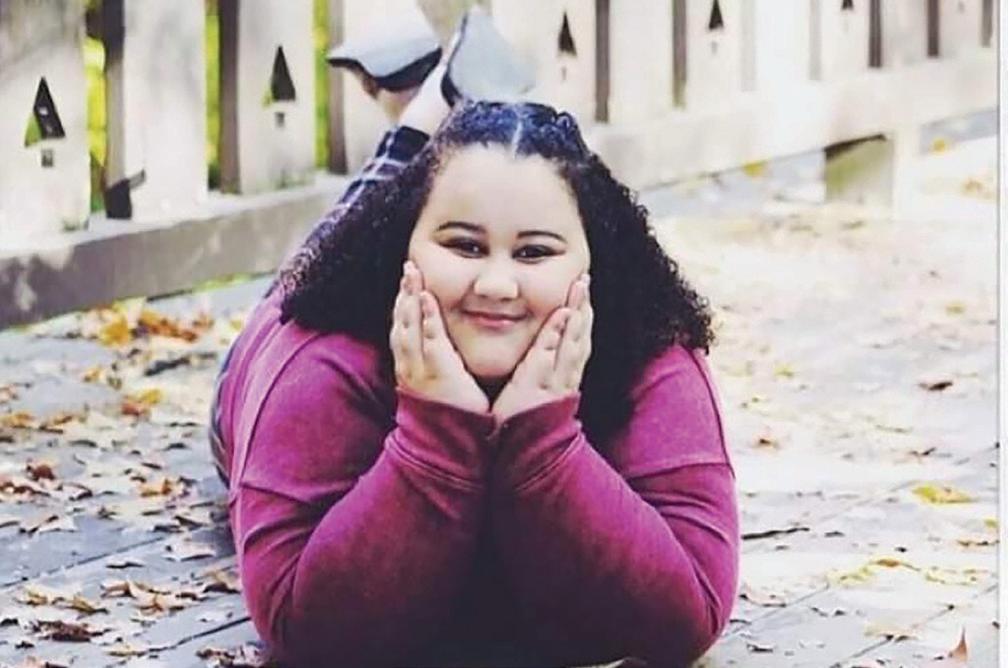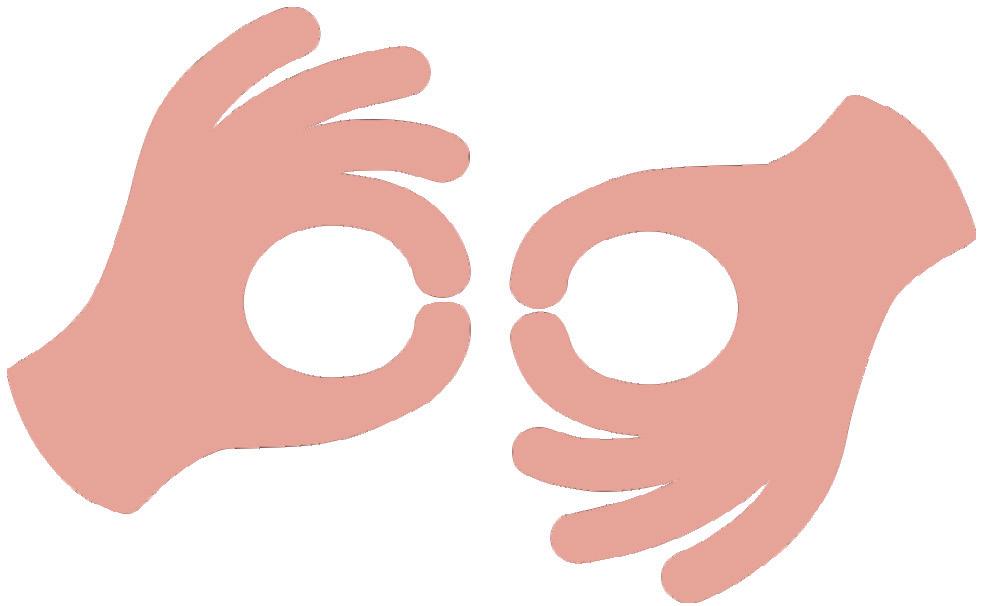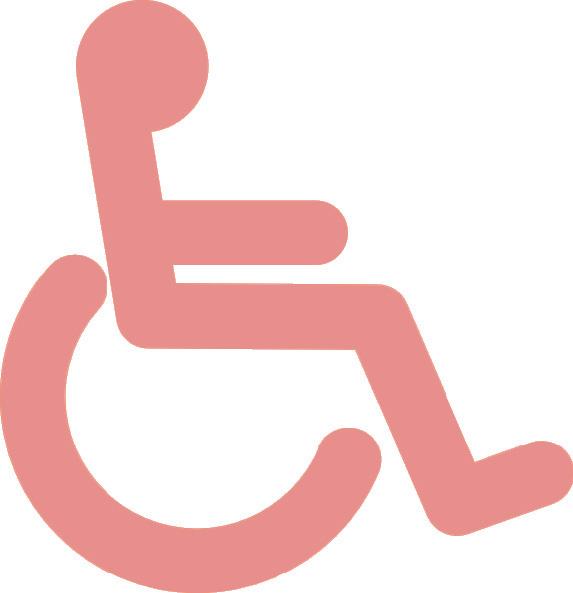
4 minute read
Accommodations: Supporting student success
Words & Design | Hannah Gergeni
Services Offered
Advertisement

semi-private or private testing spaces
Aryanna Norris, creator of the DREAM team, said, “If a student feels as if their needs aren’t being met, ... we are an ally for them to come to.”
Photo provided by Norris. alternative test options
For years, Aryanna Norris, a junior at Mount Mary University studying early childcare development and art therapy, struggled with getting the right accommodations for her visual impairment.
Norris has septo-optic dysplasia, which means her optic nerves are underdeveloped. When her junior high school teacher refused to enlarge her test, saying it was too much of a hassle, Norris was unable to read it.
Her teacher’s lack of understanding reinforced Norris’s discomfort in asking for assistance. Fortunately, once Norris came to Mount Mary, that began to change. At Mount Mary, she found herself becoming more confident in asking for the accommodations she deserved for both her septo-optic dysplasia and her hypopituitarism, a condition that affects the hormone production throughout her body. Her newfound confidence and supportive school environment helped Norris find herself. “I would say that since coming to Mount Mary I’ve gained a lot of confidence, just in my abilities in myself as a person,” Norris said.
Norris chose to work on a degree in education so that one day she would be able to help students with disabilities feel comfortable. She also looks forward to being a resource to assist students in seeking the accommodations they deserve.
“I decided to become a teacher because I wanted to be better,” Norris said. “I wanted to be more than what I got.”
When choosing a college, Norris was drawn to Mount Mary since it provided a small community and class sizes.
“In my past school, we had classrooms of like 30 plus kids, so I was never really confident enough to get one-on-one time,” Norris said.
Asking for Accommodations
College life can be challenging for students who are committed to success and refuse to let a disability hold them back. Sara Sharpe Krenke, director of accessibility services, explained what accommodations are offered at Mount Mary for
note takers
alternative class format
video recordings of classes and lectures
students with disabilities.
“Accommodations at Mount Mary vary widely depending on what is needed to ensure that a student has equal access to their education,” Krenke said. “Equal access is the understanding that people with disabilities can have barriers to parts of their education because of their disability.”
Krenke works with students to make sure they are provided with the accommodations that are necessary for their success.
“Depending on the students’ needs, I would meet with a student to discuss how their disability is limiting their access to their education, and what supports they think they might benefit from to allow you to succeed at Mount Mary,” Krenke said.
Krenke believes Mount Mary can improve its accommodation services by creating a straightforward and comprehensive environment.
Krenke has developed an assistive technology guide. Assis-
tive technology (AT) is any item, piece of equipment, software program, or product system that is used to increase, maintain or improve the functional capabilities of people who have disabilities. This information is at mtmary.edu/campuslife/ accessibility-services/assistive-technology.html
“I’ve developed an assistive technology guide which is available online, and I’m working to put in place assistive technology training opportunities/demos both online and in person for interested students,” Krenke said.
Deciding Where to Go to School
When choosing a school to attend, a million things can affect someone’s decision. For students with disabilities, there are even more levels to one’s choice. However, Krenke says that all colleges offer accommodations for students with disabilities.
“MMU’s accommodation process is largely the same as other schools,” Krenke said. “You’ll find that all schools have roughly the same process because we are all compliant with the Americans with Disabilities Act and Section 504 of the Rehabilitation Act of 1973. All students who are interested in accommodations in higher education are responsible for applying to services, providing documentation and working with accessibility or disability services to develop accommodations.
Sharpe also encourages students to seek community support.
“Lastly, I’d encourage students to try to maintain and build support systems at school – both with peers and at least one trusted person on campus you can go to when you are struggling,” Krenke said. “This has been a difficult year, and the stress of classes can be really challenging. This could be an adviser, therapist, resident assistant, student success consultant or me. There are several wonderful student organizations on campus including Active Minds and the DREAM Team which can provide peer support.”
Norris created the Disability Rights Education Activisom and Mentoring Team in hopes of supporting others on campus.
“It’s an organization on campus that basically advocates for students who have disabilities,” Norris said.
If you are a student looking for accommodations in the classroom, reach out to Krenke at sharpes@mtmary.edu, 414930-3173, or visit at HL 124 in the Student Success Center.
International Symbols of Access
Braille

Sign Language Interpretation

Wheelchair Accessibility










